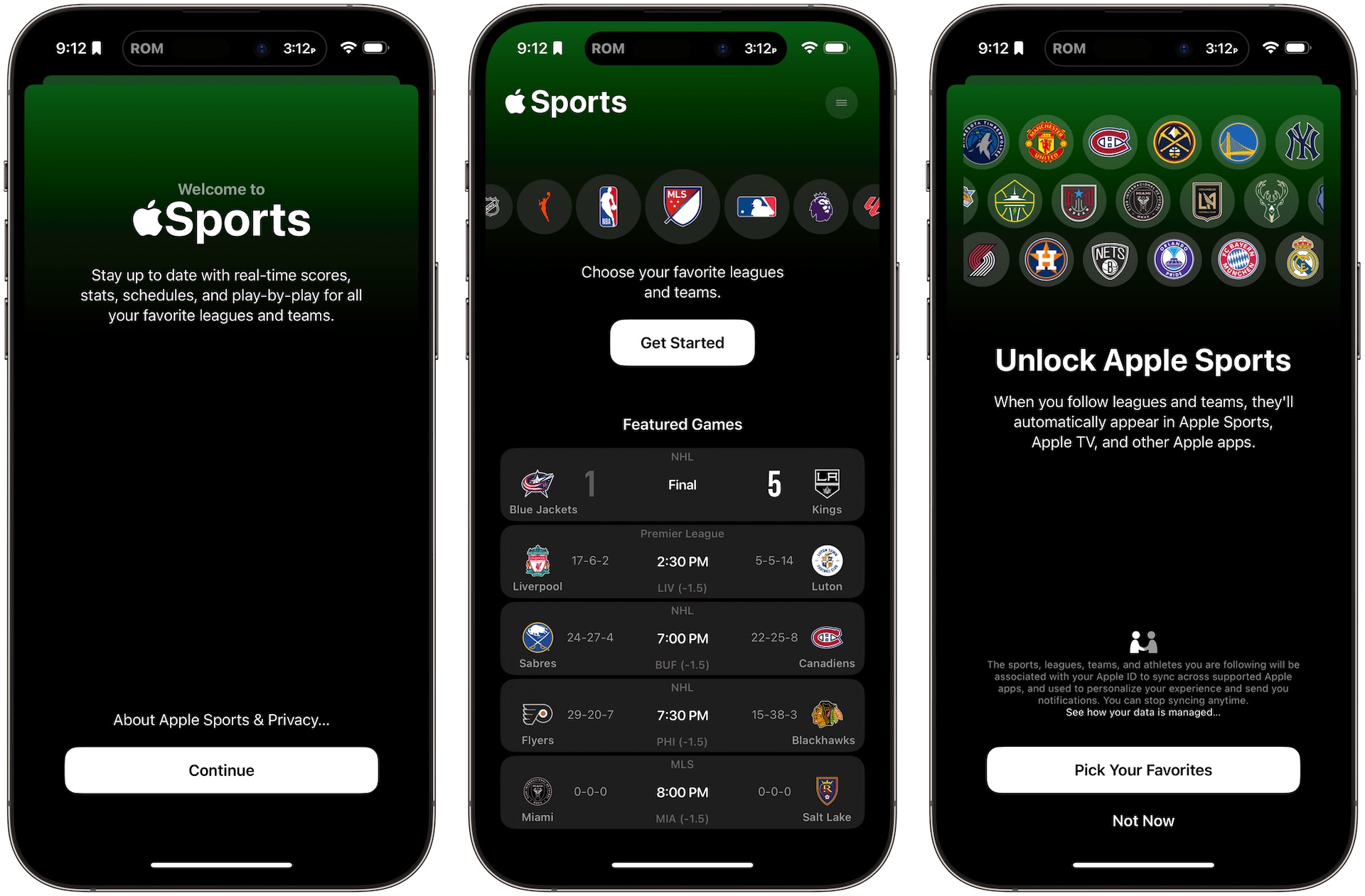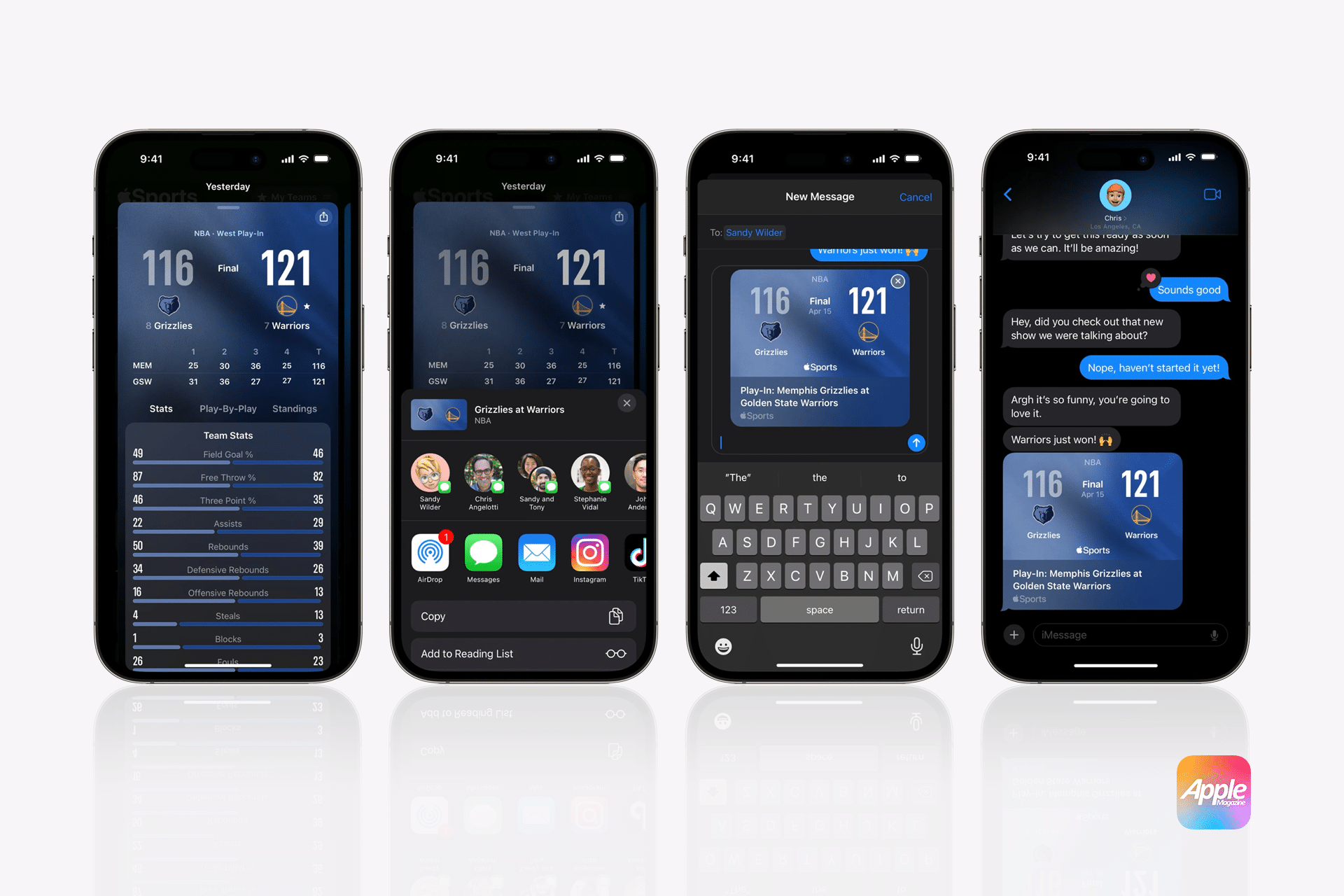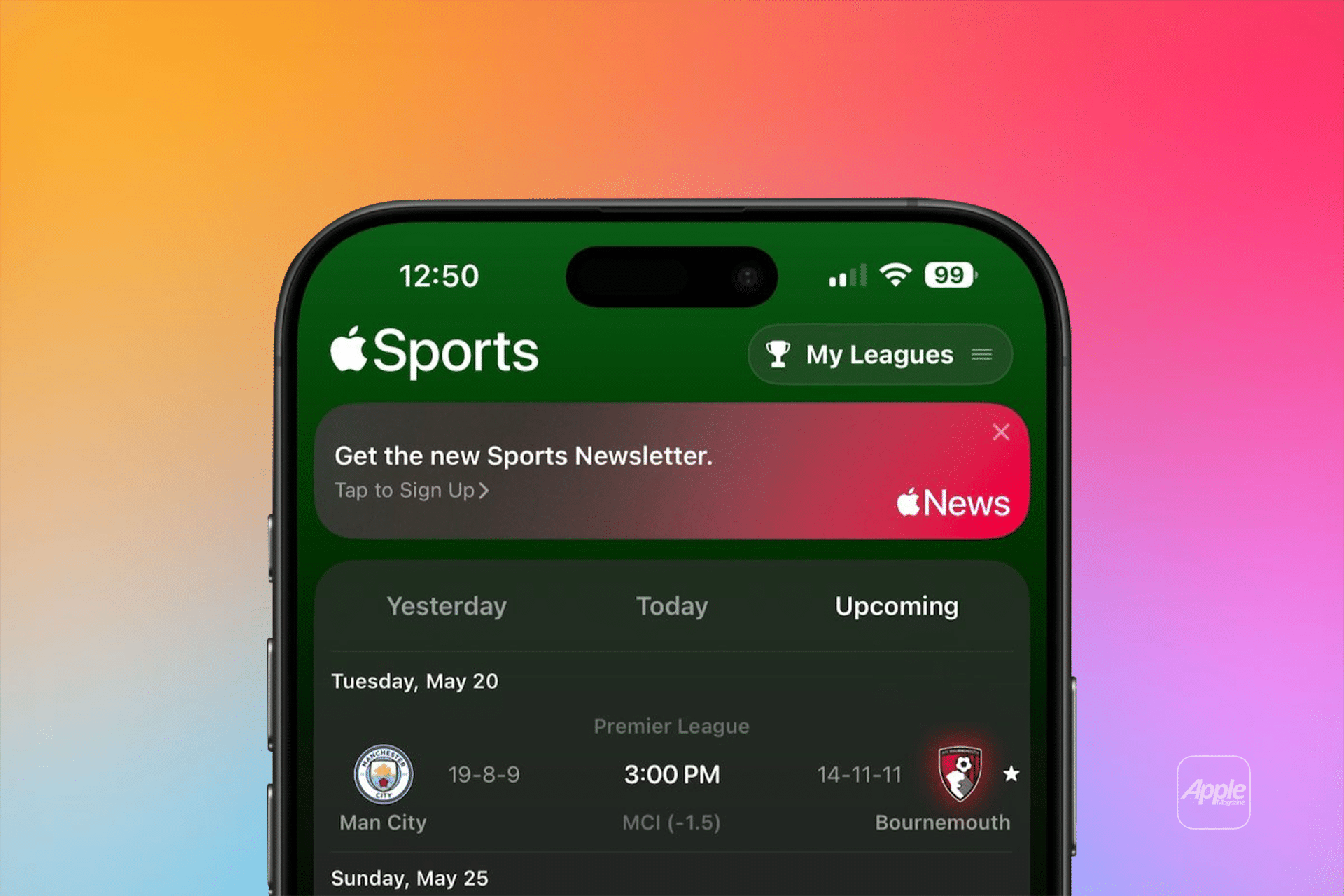Today, your iPhone isn’t just a device to browse scores, it’s a gateway to analyzing odds, forecasting outcomes, and making smarter choices, all within a few taps. But with an abundance of apps and platforms promising cutting-edge predictions and smart score systems, how can you differentiate hype from genuine innovation? This article unpacks the digital ecosystem behind mobile betting intelligence and reveals how iPhones are empowering users to make more informed decisions.
The Evolution of Sports Apps: From Scoreboards to Smart Odds
Just a decade ago, sports apps focused primarily on offering live scores and basic match updates. Apps like ESPN or Flashscore served a functional purpose, offering real-time information and notifications. While these were revolutionary at the time, their role was passive, simply relaying what was happening on the field.
However, with the integration of machine learning and big data, modern apps have taken a massive leap forward. Today’s leading sports apps are no longer just digital bulletin boards. They incorporate complex algorithms that analyze team form, player injuries, historical matchups, weather conditions, and more to predict outcomes. Odds comparison features, betting recommendations, and probability models are now standard, giving users an edge they didn’t previously have.
iPhones, with their seamless processing and advanced UX design, have become the ideal device to handle such multifaceted platforms. The result is an environment where raw sports data transforms into dynamic insights, all in real time.

How AI is Enhancing Odds Calculation on Mobile Platforms
Artificial intelligence is at the heart of the smart score revolution. Rather than relying on traditional oddsmakers, modern mobile platforms use predictive analytics to generate personalized odds. This is especially useful for users interested in betting or fantasy leagues, where real-time updates and accurate predictions can make a tangible difference.
The AI engines powering these apps gather inputs from thousands of data points. They consider not only sports-specific metrics like goal conversion rates or injury recovery timelines but also social media sentiment and fan behavior. Natural language processing (NLP) is used to scan live commentary or Reddit threads to uncover real-time shifts in public opinion that could impact betting lines.
Furthermore, these platforms often employ reinforcement learning to improve predictions with each match played. The more users engage and bet through their apps, the more refined the AI becomes in forecasting outcomes. This approach enhances the overall accuracy of digital odds and provides iPhone users with a smarter, more responsive system.

Choosing the Right App: Interface, Functionality, and Trust
With so many apps available on the App Store, it’s crucial to know what to look for when downloading a platform that offers smart score features. User interface (UI) plays a significant role in usability. Look for apps that allow easy navigation between odds, match previews, and analytical dashboards. Laggy or ad-heavy platforms are usually not worth your time, no matter how promising their algorithms may seem.
Functionality should include live score tracking, odds comparison across major sportsbooks, customizable notifications, and deep analytics. A bonus is if the app offers features like virtual bet simulations or smart bet suggestions based on user profiles. Privacy and transparency are also essential, apps should disclose how they handle data and how their prediction models work.
Most importantly, trust matters. It’s advisable to use apps and websites that have positive independent reviews or are backed by credible experts. Websites like thespike.gg serve as excellent resources for reviewing and recommending the best online betting platforms. Their detailed breakdowns help users choose apps and sportsbooks based not just on popularity, but on real performance, reliability, and user satisfaction.

The Rise of Smart Scores: What Are They and Do They Work?
Smart scores are algorithmically generated ratings or probabilities that assess the likely outcome of a match or event. These scores aggregate historical data, player performance metrics, and contextual variables to offer a number that represents either a win likelihood or overall match quality.
For instance, a basketball smart score might indicate a 72% chance of a home win, factoring in fatigue levels, team form, and home-court advantage. But do these actually improve outcomes for users? The answer is yes. When used in combination with human judgment, smart scores provide a powerful decision-making tool.
However, they’re not foolproof. No algorithm can perfectly predict a game marred by surprise red cards, referee errors, or last-minute weather changes. Users must understand that these tools are best used to guide decisions, not to replace intuition or research. Apps that allow users to view the rationale behind smart scores (such as injury news or tactical matchups) offer more transparency and usability.








